
Code: 04717292
Wave Forms
by James H. Bunn
In this daring book, the author proposes that artistic and literary forms can be understood as modulations of wave forms in the physical world. By the phrase "natural syntax," he means that physical nature enters human communicati ... more
- Language:
 English
English - Binding: Hardback
- Number of pages: 368
Publisher: Stanford University Press, 2002
- More about this

181.31 €

Low in stock at our supplier
Shipping in 13 - 16 days
Potřebujete více kusů?Máte-li zájem o více kusů, prověřte, prosím, nejprve dostupnost titulu na naši zákaznické podpoře.
Add to wishlist
You might also like
-

Idealistic Studies
54.56 € -2 % -

Verschollenes Tier, 1 Audio-CD
10.56 € -

Tri-Faith America
105.30 € -

Subject Guide to Quality Web Sites
127.85 € -

Why Feminism? - Gender, Psychology, Politics
31 € -

Project Valuation Using Real Options
61.20 € -

Short History of Women's Rights From the Days of Augustus to the Present Time. with Special Reference to England and the United States. Second Edition
36.23 €
Give this book as a present today
- Order book and choose Gift Order.
- We will send you book gift voucher at once. You can give it out to anyone.
- Book will be send to donee, nothing more to care about.
More about Wave Forms
You get 456 loyalty points
 Book synopsis
Book synopsis
In this daring book, the author proposes that artistic and literary forms can be understood as modulations of wave forms in the physical world. By the phrase "natural syntax," he means that physical nature enters human communication literally by way of a transmitting wave frequency. This premise addresses a central question about symbolism in this century: How are our ideas symbolically related to physical reality? The author outlines a theory of communication in which nature is not reached by reference to an object; rather, nature is part of the message known only tacitly as the wavy carrier of a sign or signal. One doesn't refer to nature, even though one might be aiming to; one refers with nature as carrier vehicle. The author demonstrates that a natural language of transmission has an inherent physical syntax of patterned wave forms, which can also be described as certain "laws of form" - a phrase used by D'Arcy Thompson, L. L. Whyte, Noam Chomsky, and Stephen Jay Gould. He describes a syntax inherent in natural languages that derives from the rhythmic form of a propelling wave. Instead of the "laws" of a wave's form, however, the author speaks of its elements of rhythmic composition, because "rythmos" means "wave" in Greek and because "composition" describes the creative process across the arts. In pursuing a philosophy of rhythmic composition, the author draws on cognitive science and semiotics. But he chiefly employs symmetry theory to describe the forms of art, and especially the patterns of poetry, as structures built upon the natural syntax of wave forms. Natural syntax, it turns out, follows a fascinating group of symmetry transformations that derive from wave forms.
 Book details
Book details
Book category Books in English Language linguistics Semantics, discourse analysis, etc
181.31 €
- Full title: Wave Forms
- Subtitle: A Natural Syntax for Rhythmic Languages
- Author: James H. Bunn
- Language:
 English
English - Binding: Hardback
- Number of pages: 368
- EAN: 9780804741781
- ISBN: 0804741786
- ID: 04717292
- Publisher: Stanford University Press
- Weight: 706 g
- Dimensions: 162 × 237 × 25 mm
- Date of publishing: 11. February 2002
Trending among others
-
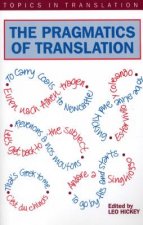
Pragmatics of Translation
41.87 € -
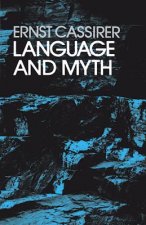
Language and Myth
7.54 € -25 % -
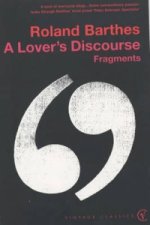
Lover's Discourse
10.26 € -28 % -

After Babel
16.30 € -27 % -
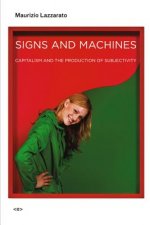
Signs and Machines
18.41 € -4 % -

Discourse Analysis and Pragmatics
40.06 € -

Comic Toolbox
13.68 € -14 % -

Mythologies
10.26 € -28 % -

Introducing Semiotics
10.56 € -18 % -

Political Metaphor Analysis
58.08 € -

How to Read a Poem
15.19 € -23 % -

Basic Color Terms
34.42 € -

Winning Arguments
16.60 € -21 % -

Metaphor and Discourse
61.30 € -

Emotion Talk Across Corpora
116.98 € -

Selections from Science and Sanity
14.19 € -16 % -

Lew Hunter's Screenwriting 434
20.43 € -17 % -

Discourse Theory and Political Analysis
25.26 € -10 % -

Functional Discourse Grammar
78.01 € -4 % -

Critical Discourse Analysis
50.73 € -3 % -
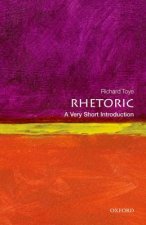
Rhetoric: A Very Short Introduction
9.25 € -28 % -
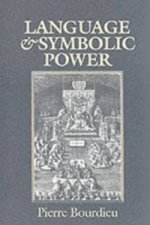
Language and Symbolic Power
25.56 € -5 % -

Stylistics
46.91 € -

Three Steps on the Ladder of Writing
25.76 € -16 % -
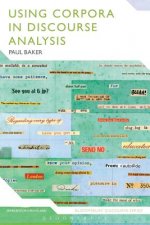
Using Corpora in Discourse Analysis
70.56 € -

Discourse Reader
81.64 € -
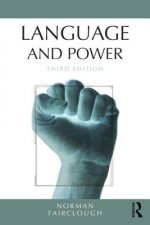
Language and Power
63.52 € -5 % -

Semantics of English Negative Prefixes
16.50 € -
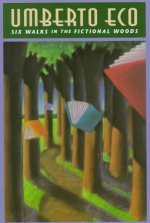
Six Walks in the Fictional Woods
30.39 € -6 % -
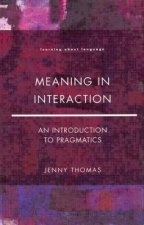
Meaning in Interaction
63.52 € -5 % -

Word and Object (Studies in Communication)
20.02 € -
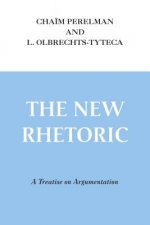
New Rhetoric, The
42.17 € -

Think Again
11.27 € -28 % -
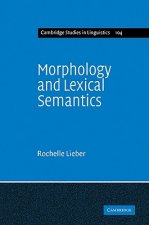
Morphology and Lexical Semantics
41.57 € -2 % -

Semantics
43.38 € -

Digital Discourse
76.60 € -

How to do Discourse Analysis
53.05 € -4 % -

Functional Discourse Grammar for English
63.92 € -

Idioms and Collocations
265.88 € -

Meaning in Language
43.99 € -4 % -

Winning Arguments
13.48 € -21 % -

Handbook of Discourse Analysis 2e
72.68 € -

Language
12.68 € -
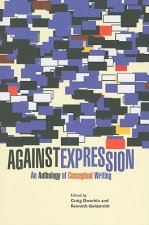
Against Expression
53.35 € -

Discourse and Social Change
24.66 € -7 % -

Introduction to Discourse Analysis
59.59 € -5 % -

Language in Thought and Action
14.79 € -26 % -

Role of the Reader
25.16 € -14 % -

Immediate Fiction
19.32 € -18 %
Collection points Bratislava a 2642 dalších
Copyright ©2008-24 najlacnejsie-knihy.sk All rights reservedPrivacyCookies


 15549 collection points
15549 collection points Delivery 2.99 €
Delivery 2.99 € 02/210 210 99 (8-15.30h)
02/210 210 99 (8-15.30h)